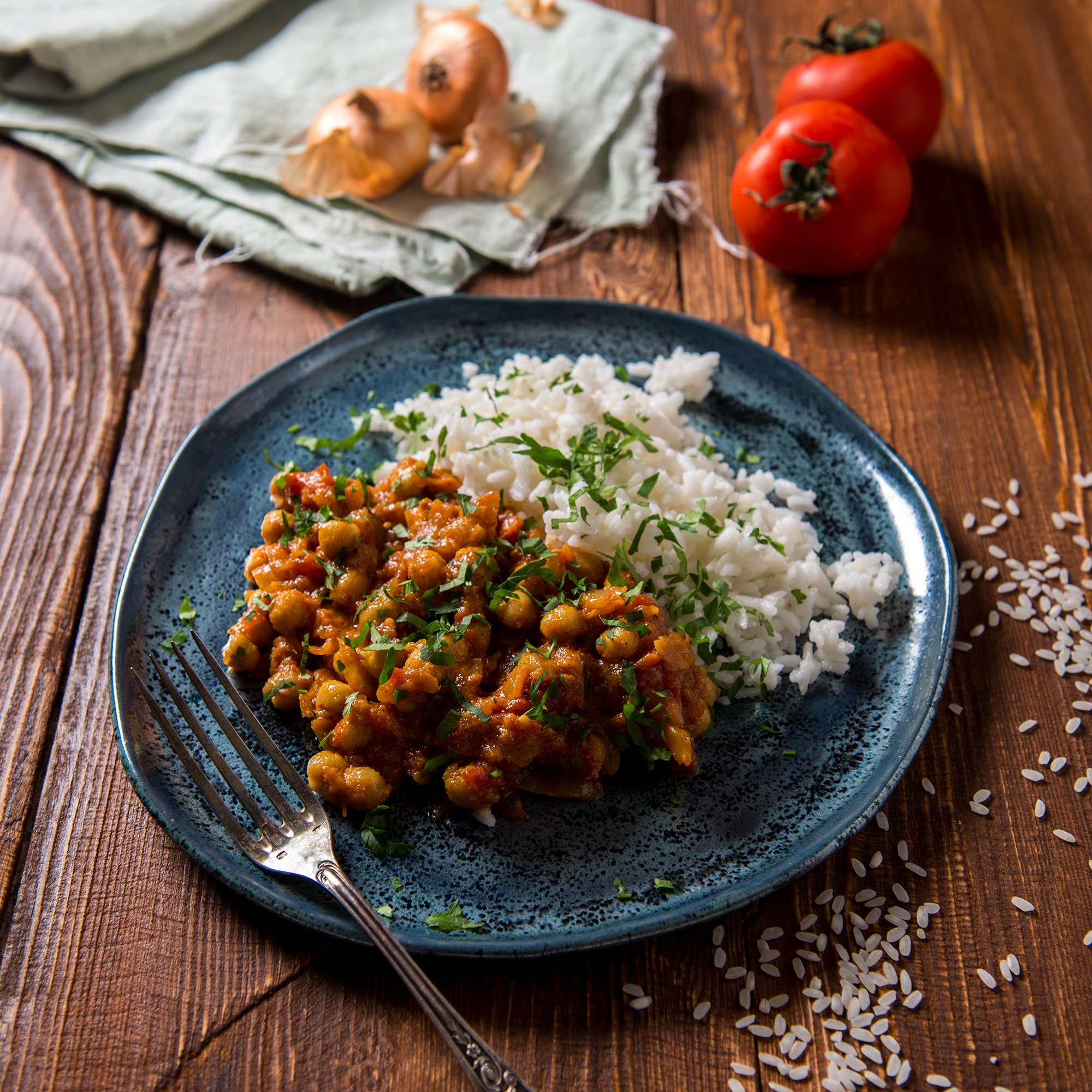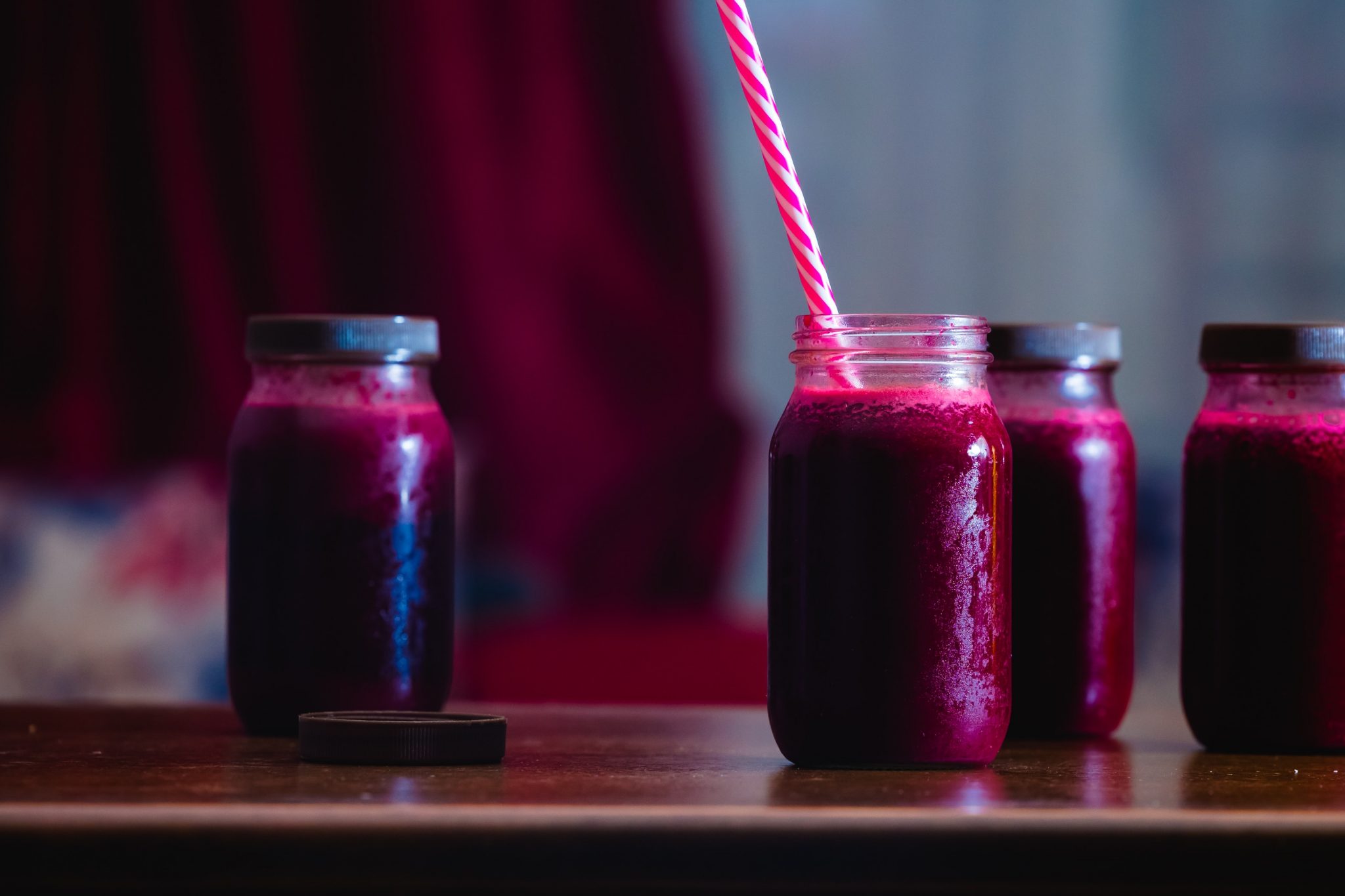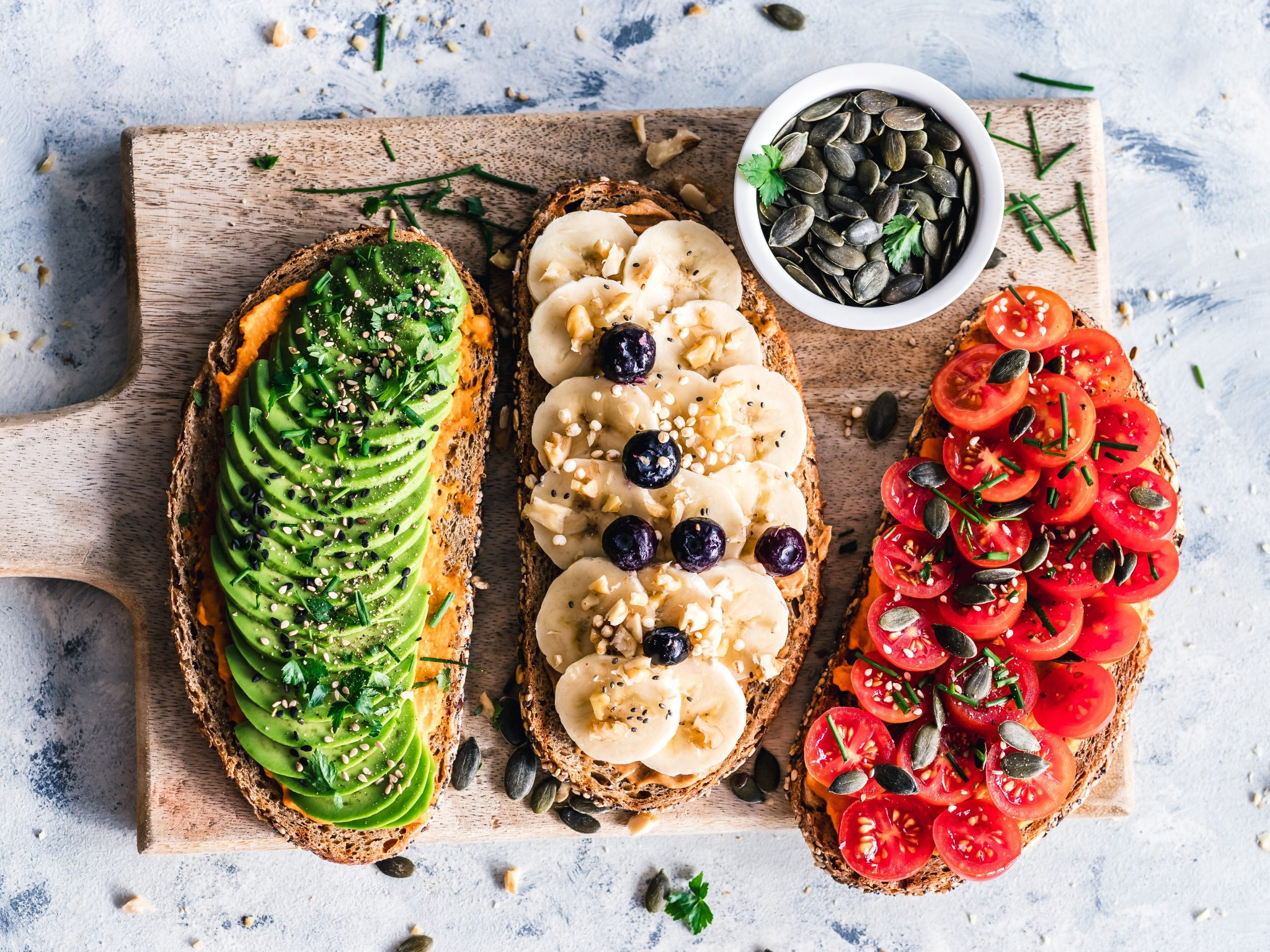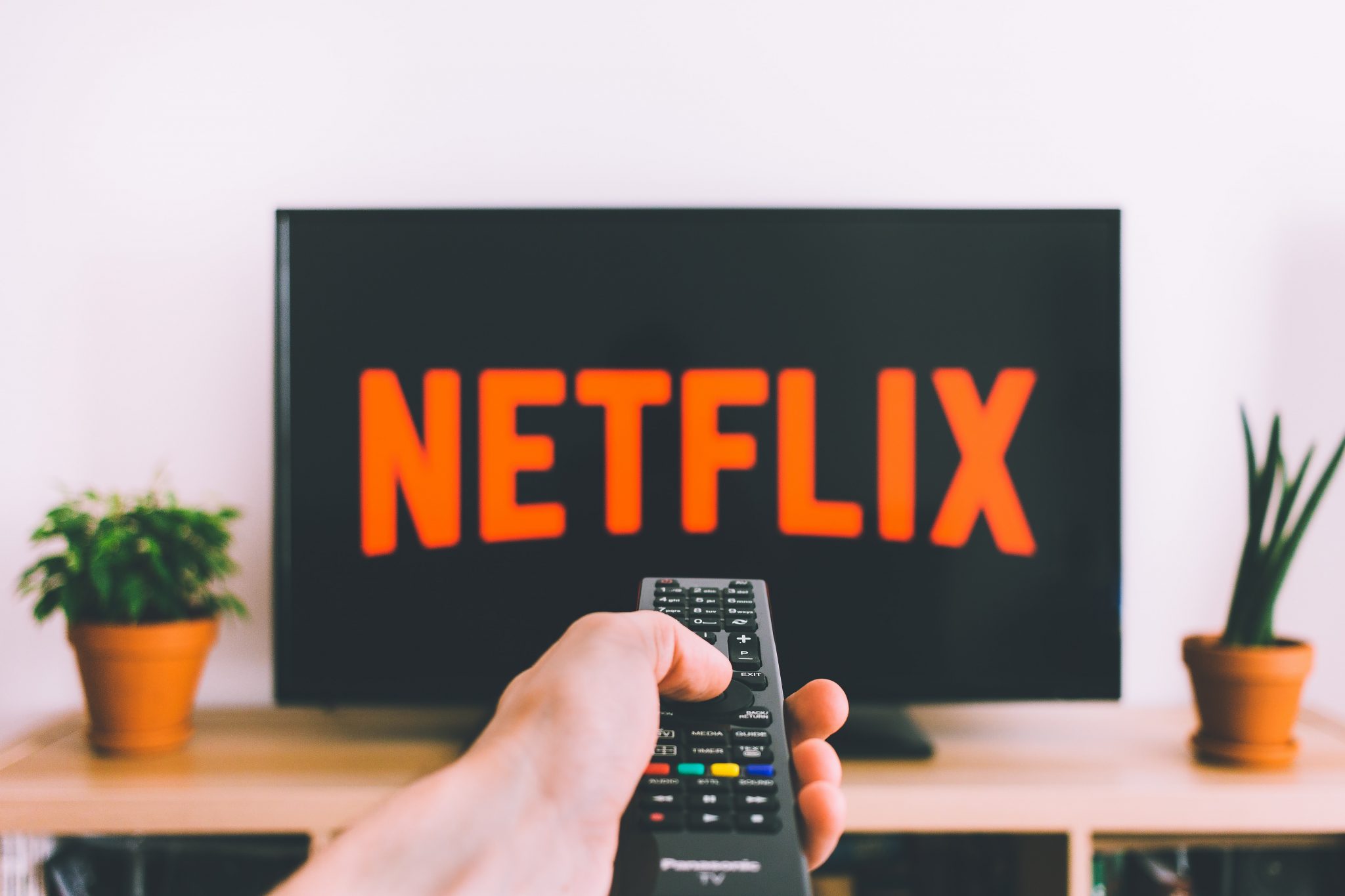Let’s discuss some of the claims, faults, and truths of the Game Changers Movie.
Are eating plants good for us?
While some may pursue a meatless diet to protect the earth, others may pursue this diet to justify disordered behaviours. This can be problematic. Eating a vegan or vegetarian diet is not for everyone, but that doesn’t mean if you eat meat you cannot also eat plants!
Will transitioning to a plant-based diet give you more athletic endurance?
The film features an ultra-runner, a fight between Nate Diaz and Conor McGregor, and even football players. When these athletes made the switch to a plant-based diet, they found they had more endurance and energy. But, it’s likely that they were eating more carbohydrates than they were before. This is because plant-based protein sources tend to contain more carbohydrates.

Plant-based sources of protein like beans, pulses and other starches do not contain all the essential amino acids that our bodies need. To achieve a balanced diet, a variety of plant-based protein sources are required. These plant-based protein sources, tend to naturally contain more carbohydrates. So eating a low-carbohydrate vegan diet would be next to impossible.
In our society, carbohydrates get a lot of heat. Often athletes eat too few carbohydrates out of a cultural fear that carbohydrates will slow them down. If these “plant-based” athletes ate more carbohydrates from the start, it’s possible they would’ve seen similar athletic benefits.
What about the doctors featured in Game Changers who swear by vegan diets?
Several physicians featured in this film have a financial stake in vegan diets. They profit in their own entrepreneurial adventures when the vegan diet succeeds. This is a conflict of interest. For example, Dr. Ornish, Ornish Lifestyle Medicine, has authored several books. He swears by a low-fat, high carbohydrate, vegetarian diet. Over the years he’s faced a lot of criticism for his claims that can come off as alarmist.

Dietitians exist as allied health professionals because doctors don’t typically receive the training required to deliver nutrition advice. Medical schools usually provide as little as one nutrition course. Physicians are medical experts, but once again this film missed the opportunity to hear from a nutritional expert.
Does eating meat hurt how blood flows throughout the body?
Some football players from the Miami Dolphins were asked to eat either a bean or meat burrito. They tested the effect of a plant-based versus meat-based burrito on the blood composition of the players.
It appeared that the athletes had their blood drawn soon after eating (not in a fasted state). This was then taken in vials to a centrifuge. In a non-surprising outcome, their non-fasted blood draws showed greater fat content in the blood of players who ate the higher fat, meat-based burritos.
So what’s going on here?
When we eat, food travels from our mouth to the oesophagus, stomach, and then to the small intestine. As it travels, it is broken down by acid and enzymes. Once broken down and in the small intestines, the food is taken up by the bloodstream for transport so that it may be used by the body. It is no shock that the group who ate more fat had fat in their bloodstream not long after digesting their burritos.
The film goes on to cite a study which tells us hamburgers hurt endothelial function (the lining of our blood vessels). Asker Jeukendrup, PhD, a world-leading expert in sports nutrition critiqued this. He notes that the hamburger study which was hyped in the Game Changers film had only eleven participants. In research, this number of people is not enough to make claims about all humans.
The study which was not fully explained in the film, actually found that eating avocado, offset the effects of the hamburger. This was left out of the documentary. Also, the study was funded by the Avocado industry, which means there is a conflict of interest.
(A conflict of interest means that financial or other personal considerations may compromise, or have the appearance of compromising a researcher’s professional judgment in conducting or reporting research).
Does eating plants help endothelial function?
There is some evidence to support that plants high in nitrates, like beets, can dilate (make wider) our blood vessels. This means ingesting something beetroot juice can widen blood vessels and improves blood flow. This is something sports dietitians have known for some time and have recommended to athletes on a case-by-case basis.

Can I get enough protein on a vegan or vegetarian diet?
Of course! Our culture does place a huge emphasis on meat to get “big and strong”. But we can definitely meet our protein needs without animal products. It can be a challenging task, so prior to making the switch, it’s recommended to start small. It’s also possible to seek the advice of a registered dietitian or registered nutritionist for help.
Is a plant-based diet vegan?
The movie never defines what they mean by “plant-based”. Is it vegetarian? Is it vegan? Is it mostly plants with some meat? Who knows! The athletes seem to use the terminology interchangeably and this is a major flaw.
Nutrition can be tricky and it’s not all black and white. It takes time, many lessons in statistics and expertise to read and understand scientific literature.
Take home message from the Game Changers:
-
Veganism and vegetarianism are acceptable ways to eat.
-
Veganism and vegetarianism are not for everyone.
-
Eating more of the plants we like to eat, regardless of whether we eat meat, is good for our health.
-
Documentaries like The Game Changers or What the Health are often sensationalised and use language that can be fear-mongering.
-
While studies have found there to be a reduced risk of certain health conditions when following a vegetarian or vegan diet, this is observational data. This means that large groups of people are followed/observed over time and associations are made. This sort of data cannot speculate that the vegan diet caused the person to be more healthy or have reduced risk of certain health conditions. We can only make associations. We also know from population data that those who follow vegan-based diets, then to be more “health-conscious” in general. So is it all about the diet? Or is it that they engage in other health-promoting behaviours? For example not smoking, moving more, using strategies to reduce stress etc.

My final thoughts trickle down to my public health roots. I would like to point out that having the resources to eat an entirely vegan diet requires privilege.
It can be costly to buy fresh produce, have access to that sort of food, and have the proper utensils/appliances to be able to cook the foods you buy.
Is being vegan good for the environment? Yes.
Is it feasible for everyone? Absolutely not.
Does being vegan make you more moral? Nope.
The way you eat holds no moral value. Everyone’s circumstances are different and so a decision to pursue a meatless diet is an individual one.











